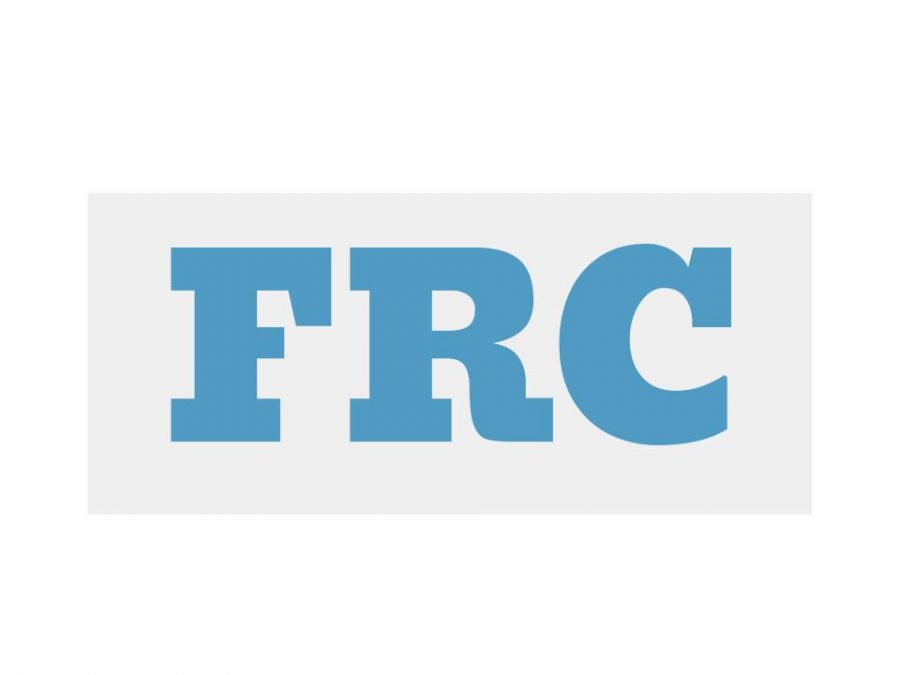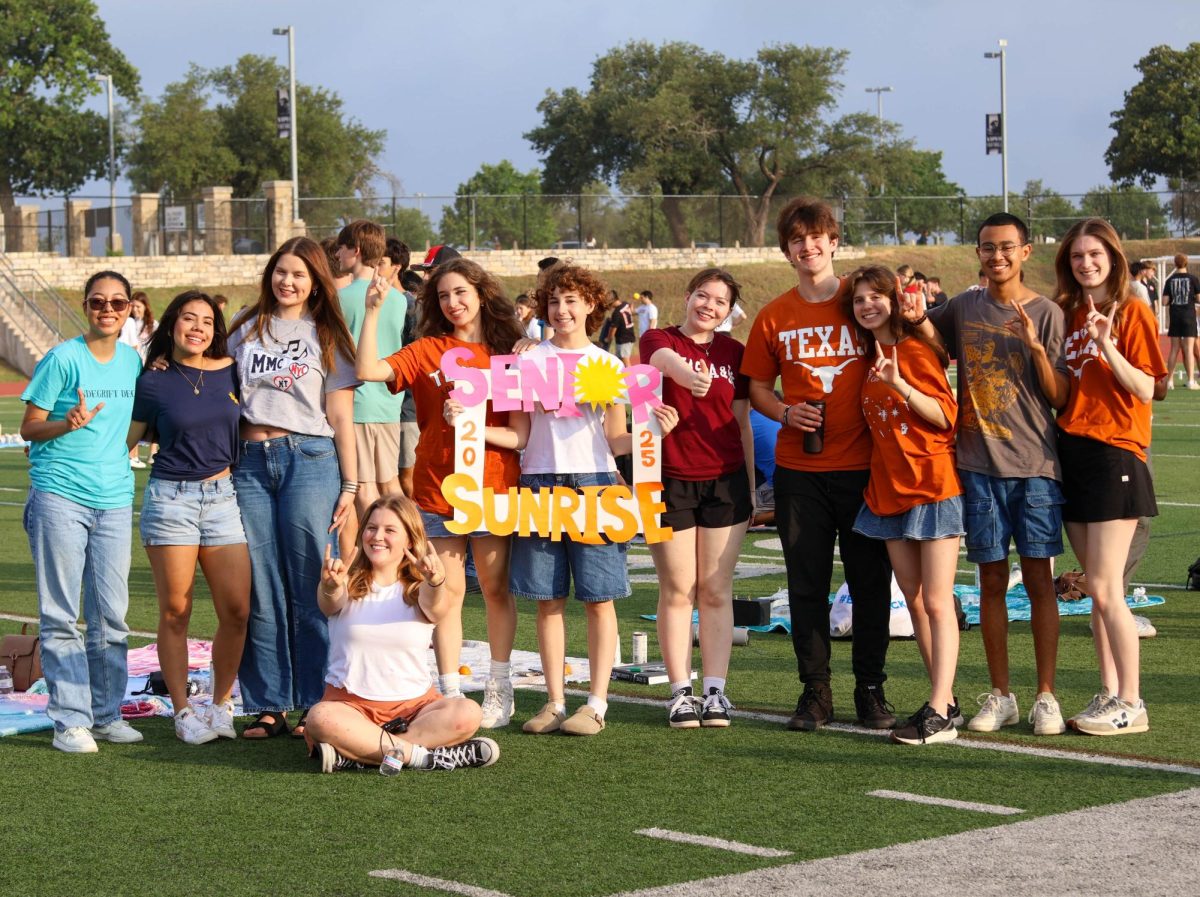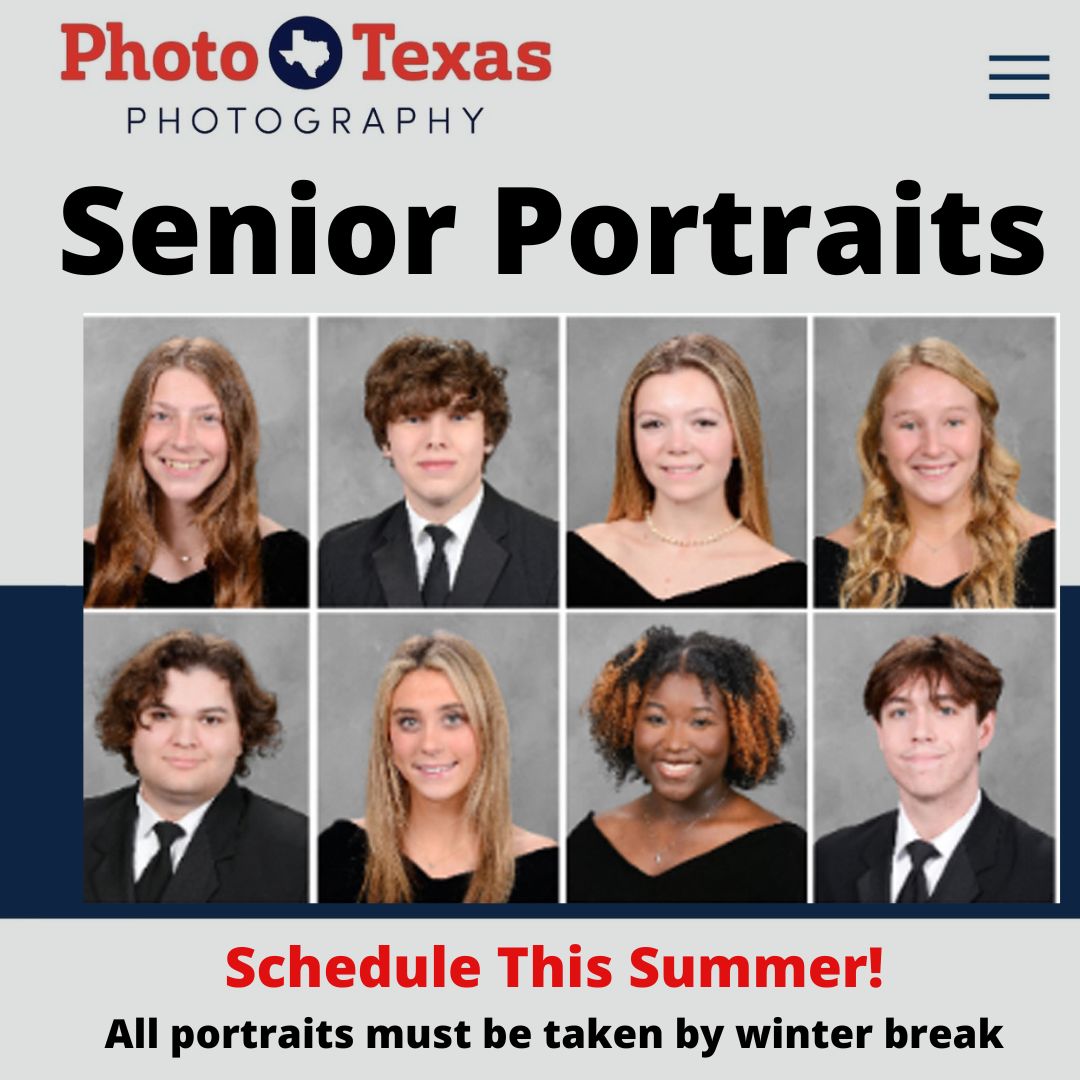Viperbots team Valor has no FRC competitions until early summer because of COVID
February 17, 2021
For the past six weeks, Viperbots team Valor, led by project manager Ana McIntyre, has been designing and building a large robot to compete in FRC, FIRST Robotics Competition. Normally the team would compete with their robot on March 1, but about two weeks ago all regular, in-person FRC competitions were canceled because of COVID.
“It’s kind of a bummer, but there might be some [less] official competitions, so we’re registered for one of those in the first week or two of summer, so I’m excited about that because our team will actually get to compete for the first time in two years,” McIntyre said. “So I’m definitely looking forward to actually seeing our robot compete, still unsure how the competition is going to go, considering it’s not an official event, but excited that we at least get something.”
In FRC, teams have seven weeks to design and build a robot about five feet tall, four feet wide, and three feet deep, which they then compete with against other robots in an arena around the size of a volleyball court. This year’s season started on Jan. 9, and this is Valor’s fourth year as a FRC team.
“I like the scale and the competitiveness, especially being in Texas, our region is extremely competitive,” McIntyre said. “You’re competing with people of all ages, the robots are really big, the mentors are real world engineers and computer software engineers and everything, so everyone’s experience is at a really high level, and the caliber of competition is really high, and so that’s exciting.”
Because of COVID, team members can’t work on the robot together all at once, and about half of the members are completely virtual. This means that a lot of the work has to be done separately, which can make things slower and more difficult, as robotics teacher Irad Allen has said.
“Our FRC team, because we can’t have them in here when everybody else is in here, comes in [the robotics room] later at 5:30 [p.m.], and then they stay till about 8:30, 9:30, 10 o’clock,” Allen said. “It’s just crazy. COVID has really made it difficult for our kids to build this year.”
FRC is certainly more limited this year, but it can still hopefully be an enjoyable experience for students like it was previous years.
“[I] definitely [enjoy] the team aspect, getting to hang out with people from all different age groups that have a similar interest,” McIntyre said. “Like from my first year, when I was a freshman, getting to know those seniors and upperclassmen, and then as they graduate becoming an upperclassman and meeting the younger kids. And just how the team culture changes throughout the years, it’s just a really fun extracurricular.”
Along with resulting in canceled competitions, COVID has also caused this year’s FRC to repeat the game/challenge from the previous year, making it easier for teams to prepare.
“We already had a pretty good idea of what we wanted the design to be, so we definitely had a lot of time to get ahead,” McIntyre said. “I would have expected things to go slower [because of COVID], but because the game is repeated I guess we’re still on track, but with less people coming in consistently, [as in] coming into the actual building, [which] definitely slows down the process and makes communicating a little bit more difficult.”
Because Valor now has no competitions until June, there’s no longer anything forcing the team to stick to the fast-paced, seven week competition deadline.
“We decided early on that we’re just going to finish building the robot as fast as we can to get the practice, and so that it doesn’t drag out, and then we’ll take a break and then come back and start meeting again right before the competition,” McIntyre said. “So we have more than the seven weeks, but we’re still running in the same format.”






